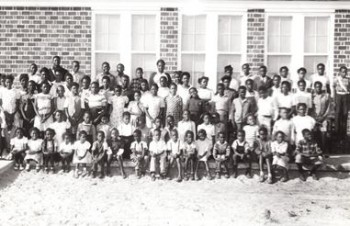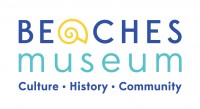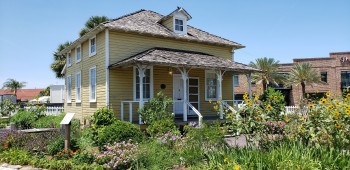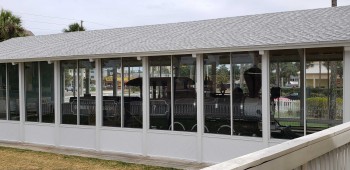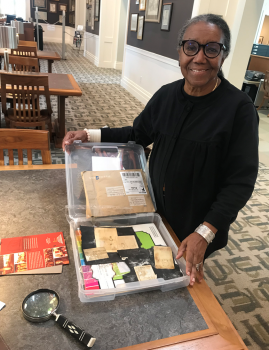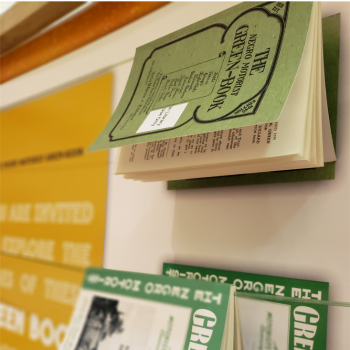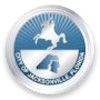Canine Coworkers
By Beaches Museum Archives Manager Karen Lamoree
For many of us, our “coworkers” during the COVID-19 crisis, have been our dogs, cats, birds, and in some cases, snakes. We bounced ideas off our dogs and voiced our complaints to our cats. We may have taught our birds words they did not previously know. The snake probably has seen everything before.
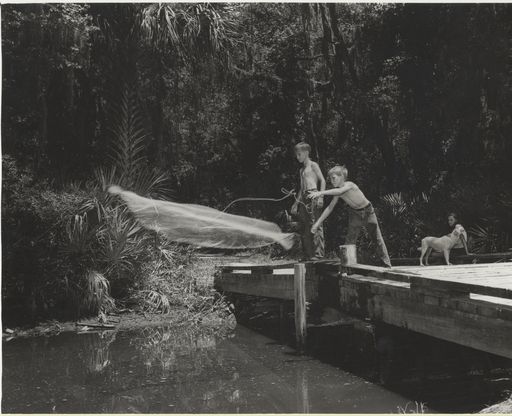
For the most part, our pets have been locked up in quarantine with us. One hundred years ago, pets and children enjoyed a free range lifestyle. In February 1933, the Jacksonville Beach Town Council passed an ordinance forbidding dogs from running loose, but it was vetoed by the mayor. Children and dogs breathed a sigh of relief and went on their rural ways.
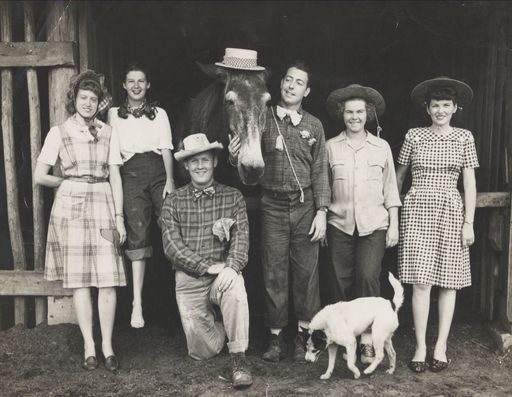
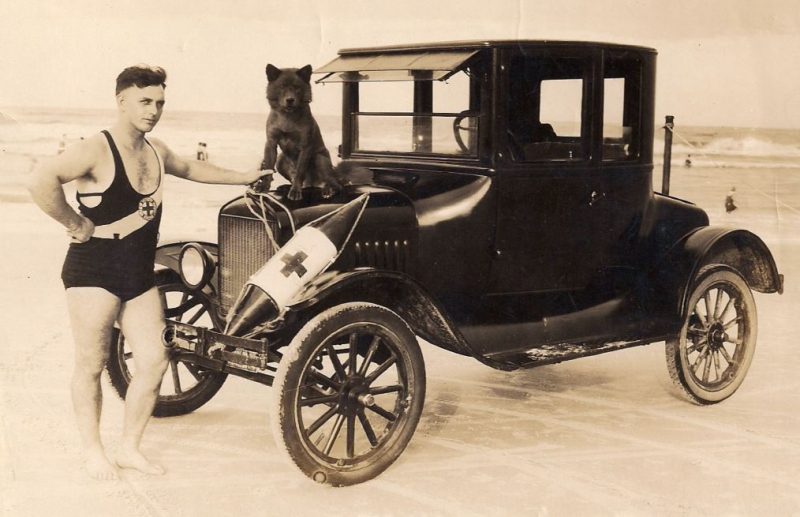
Dogs were common coworkers and companions, whether invited or not. A dog answered a casting call for a 1940 Fletcher High School production, along with a mule. Lifeguard Ernest Porter posed in 1925 his car, his buoy, and his dog. Countless coon dogs led the way on hunting trips.
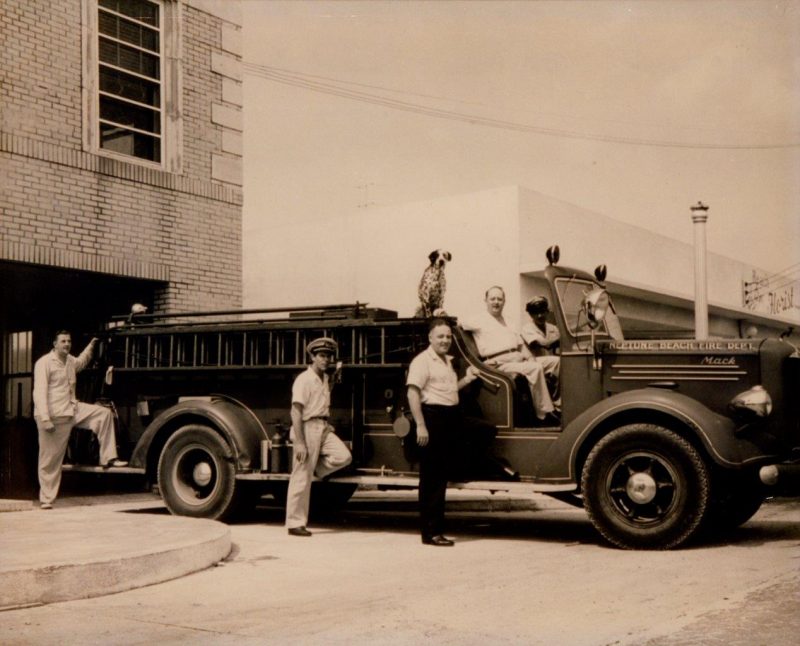
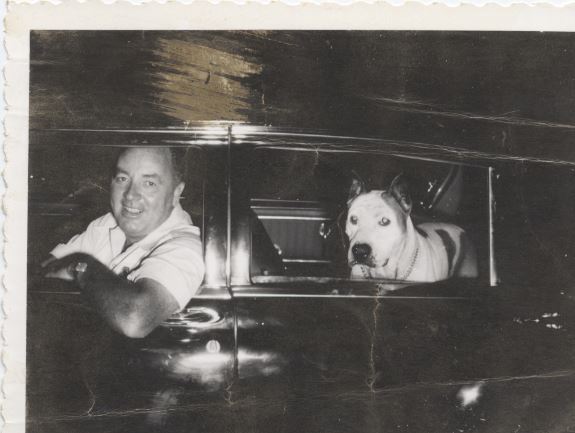
Naturally, a Dalmatian rode on the Neptune Beach firetruck. Neptune Beach’s Town Marshal Jimmy Jarboe was famous for his canine partners. He was not the only Neptune Beach city official who brought his dog to work, as this circa 1955 photograph shows.
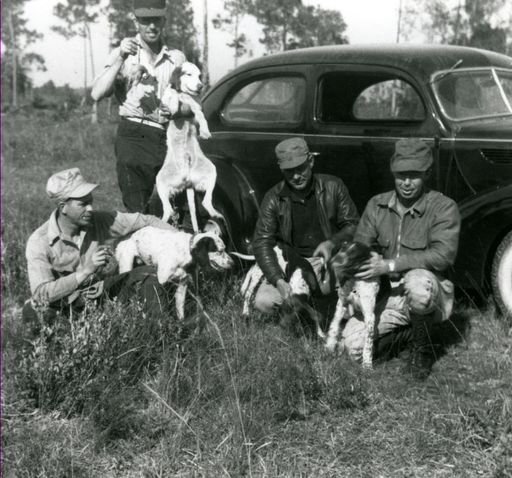
Chickens were kept for their eggs and meat. A young Gerry Adams, however, was able to train his chickens to do tricks. I wonder if they could be trained to answer my emails…
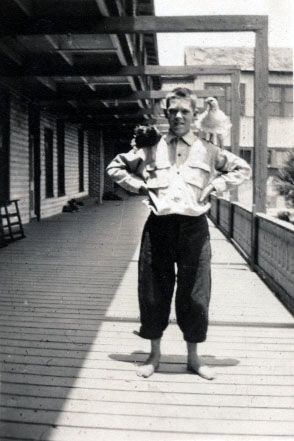
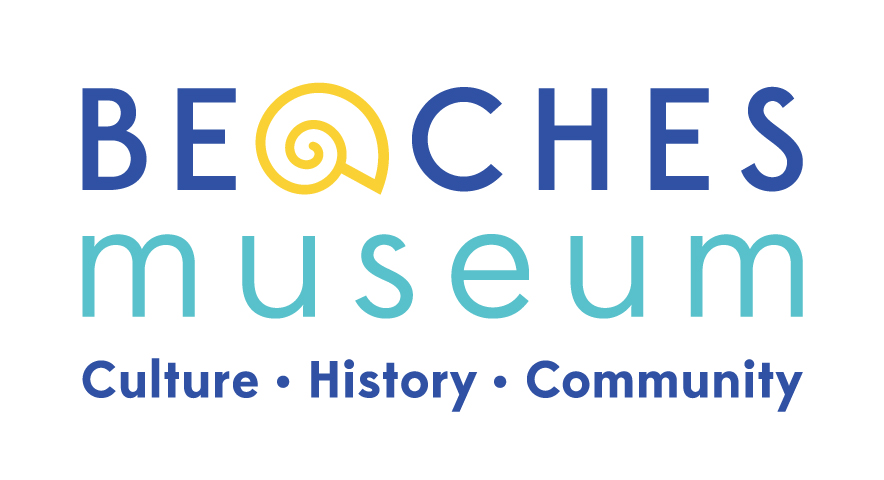
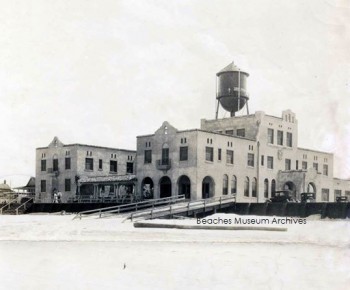

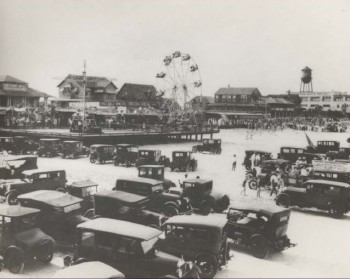
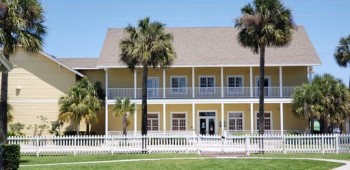
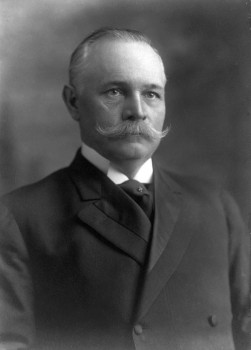
 Duncan U. Fletcher Middle and High Schools are landmarks of the Beaches. With so much needed attention focused on the naming of our public schools, I wanted to address the history of Senator Duncan U. Fletcher.
Duncan U. Fletcher Middle and High Schools are landmarks of the Beaches. With so much needed attention focused on the naming of our public schools, I wanted to address the history of Senator Duncan U. Fletcher.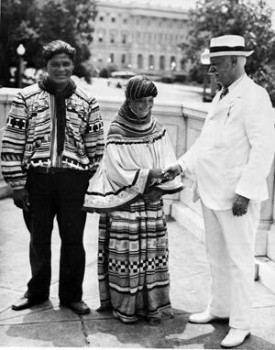
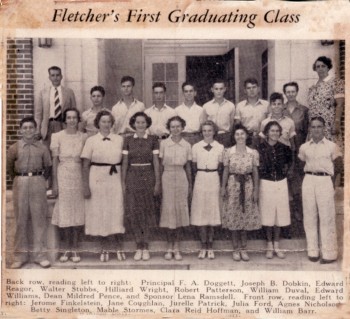
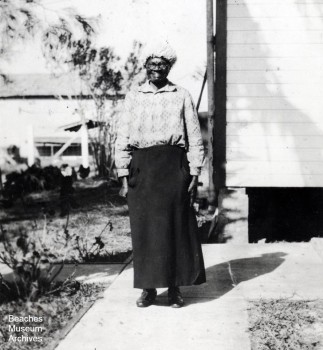
 Rhoda L. Martin was born a slave in Abbeville, South Carolina in 1832. In late 1891, she moved to the beaches area as a free woman.
Rhoda L. Martin was born a slave in Abbeville, South Carolina in 1832. In late 1891, she moved to the beaches area as a free woman.
